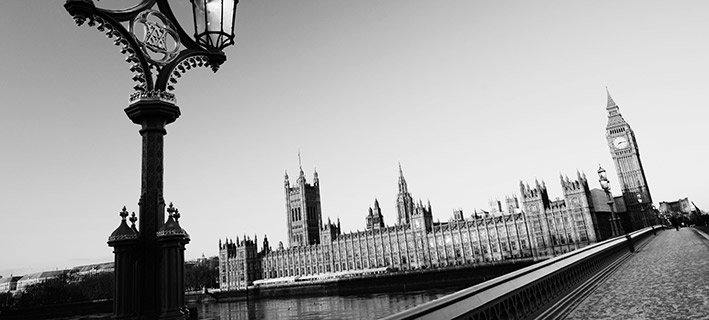The Government is shortly expected to confirm its vision for the future of UK energy supplies in the Electricity Market Review (EMR). After consulting on proposals announced before Christmas, it is widely thought the review will confirm significant subsidies for large-scale renewables and new nuclear at the expense of fossil fuels.
The politics of coalition Government was clearly going to lead to compromises, but in this area conventional thinking has been turned on its head. Whilst preaching the virtues of deregulation, localism and the Big Society across every other department, the Government is practising the exact opposite in energy.
In truth, it is nothing short of a miracle that the economically libertarian Tory backbenches have allowed these ideas to get this far. Even the opposition Labour benches have admitted that energy is the policy area with the greatest consensus between parties.
Additionally, the anticipated proposals will have huge consequences not just for where we get our energy from, but how much we pay for it. No-one is convinced by the Government’s claims that a low-carbon economy will add only a marginal amount to our bills. Even if new nuclear comes out well from these proposals, and there’s no guarantee that it will, new generating capacity on this scale will come at a price.
In the midst of this policy revolution, the Government is relying on private investors to deliver their promises. A massive amount of cash will be needed to build and maintain a new generation of energy infrastructure. Investors crave certainty and incentives, not least when being asked to provide infrastructure with a long-term return on investment.
To meet the necessary shift to renewables, gas-fired and clean coal fitted with CCS will be needed to plug the energy gap. Further ahead, baseload capacity from fossil fuels will be needed to make up for intermittent energy production from large-scale renewables, particularly offshore wind.
Whilst the Government say they understand this, their policies suggest otherwise. The carbon floor price and feed-in tariffs proposed for nuclear and renewables are clearly well intentioned, but will inadvertently make new gas and coal-fired capacity very costly indeed.
If investors had no choice but to invest in the UK, they might simply swallow the extra cost burden and carry on regardless. Unfortunately for Ministers, most of the companies are diversified international players, investing across national boundaries according to fiscal and regulatory favourability.
There is a real danger that in the understandable drive to meet the UK’s environmental commitments, the Government makes it harder to meet the most pressing need of all – to keep the lights on for the country’s consumers and businesses.

